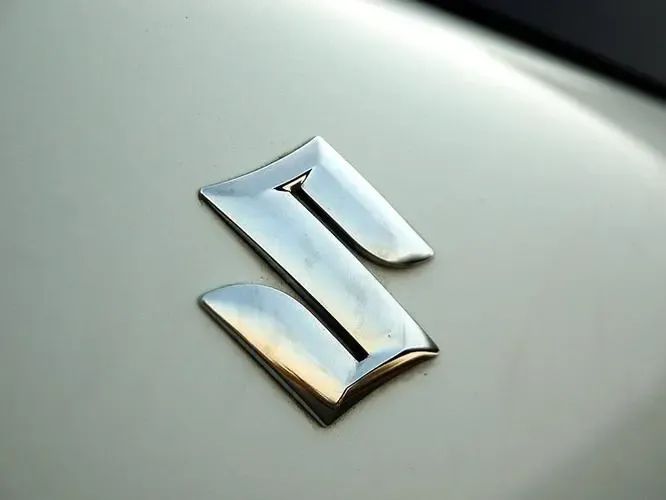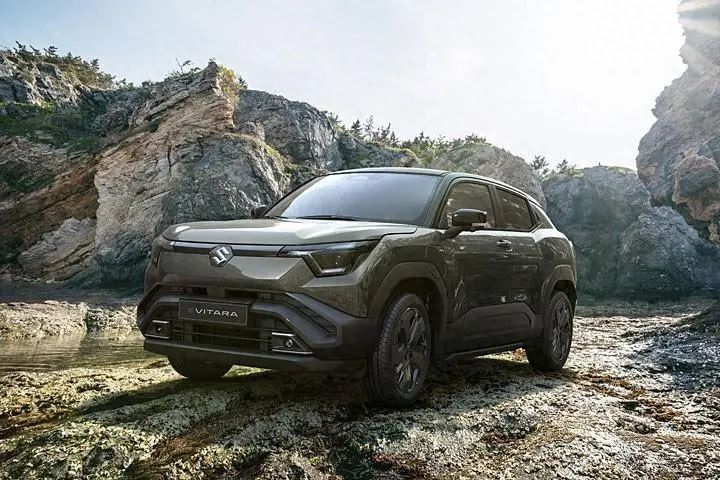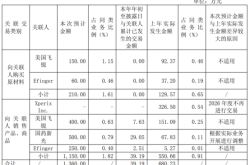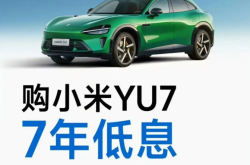Is Suzuki delaying its electric vehicle plans due to fear of Chinese electric vehicles?
![]() 11/06 2024
11/06 2024
![]() 526
526
When it comes to Japanese cars, many people may immediately think of Toyota, Honda, Nissan, and Mazda, ignoring the existence of Suzuki.
However, globally, Suzuki remains a highly influential Japanese automaker. The reason many overlook it is simply because Suzuki withdrew from the domestic market years ago.
What has Suzuki achieved since withdrawing from the domestic market? Let's focus on 2023 for now.
According to previously released data on global automotive brand sales in 2023, Suzuki sold 3.01 million vehicles worldwide, ranking tenth among all automakers, just behind BYD's sales of 3.02 million vehicles.

Are you surprised by this data? Suzuki, which has struggled in the domestic market, has such impressive performance.
In the Indian market, Suzuki's position is akin to Volkswagen's in China. Besides its strong sales in India, Suzuki is also popular in Japan.
From January to June this year, Suzuki's sales in Japan ranked second only to Toyota, selling 375,000 vehicles in half a year, outperforming Honda, Nissan, and Mazda. During the same period, Honda sold 23,000 vehicles in Japan, and Nissan sold 238,000.

Recently, Suzuki also unveiled its first pure electric SUV, named eVitara, positioned as a compact SUV. This vehicle, a collaboration between Suzuki and Toyota, is expected to go into mass production at Suzuki Motor Corporation India Limited in spring next year and will be sold in Japan, India, and Europe simultaneously.
With the launch of Suzuki's first pure electric SUV, it was expected that the company would make a strong push into the new energy vehicle market. However, on November 5, Suzuki Motor Corporation President Toshihiro Suzuki clearly stated that due to the overall slowdown in the electric vehicle market, the company would temporarily shelve future electric vehicle plans and closely monitor market dynamics.
Why is Suzuki shelving its future electric vehicle plans? Toshihiro Suzuki explained that sales of pure electric vehicles are slowing down, and the current situation is very difficult.

He also specifically mentioned that the influx of low-cost electric vehicles from China into the market poses a significant challenge to the launch of electric vehicles, so it is necessary to consider what kind of electric vehicles the market needs and when to launch them.
Finally, he stated that while Suzuki would not abandon electric vehicle research and development, it would not solely focus on electric vehicles.
In summary, from Chekuaiping's perspective, fear of Chinese electric vehicles is likely a significant factor in Suzuki's decision to postpone its electric vehicle plans. Otherwise, Japan would not have purchased and disassembled BYD and NIO pure electric vehicles for research.
Copyright Notice: This article is originally created by Chekuaiping. For reprints, please contact us for authorization. Unauthorized reprinting is strictly prohibited. Any form of plagiarism or theft of images and text is also prohibited, and legal action will be taken if necessary. Some images in the article are sourced from the internet, and the copyright belongs to the original authors. If your work is used, please contact us to claim remuneration or request removal.







